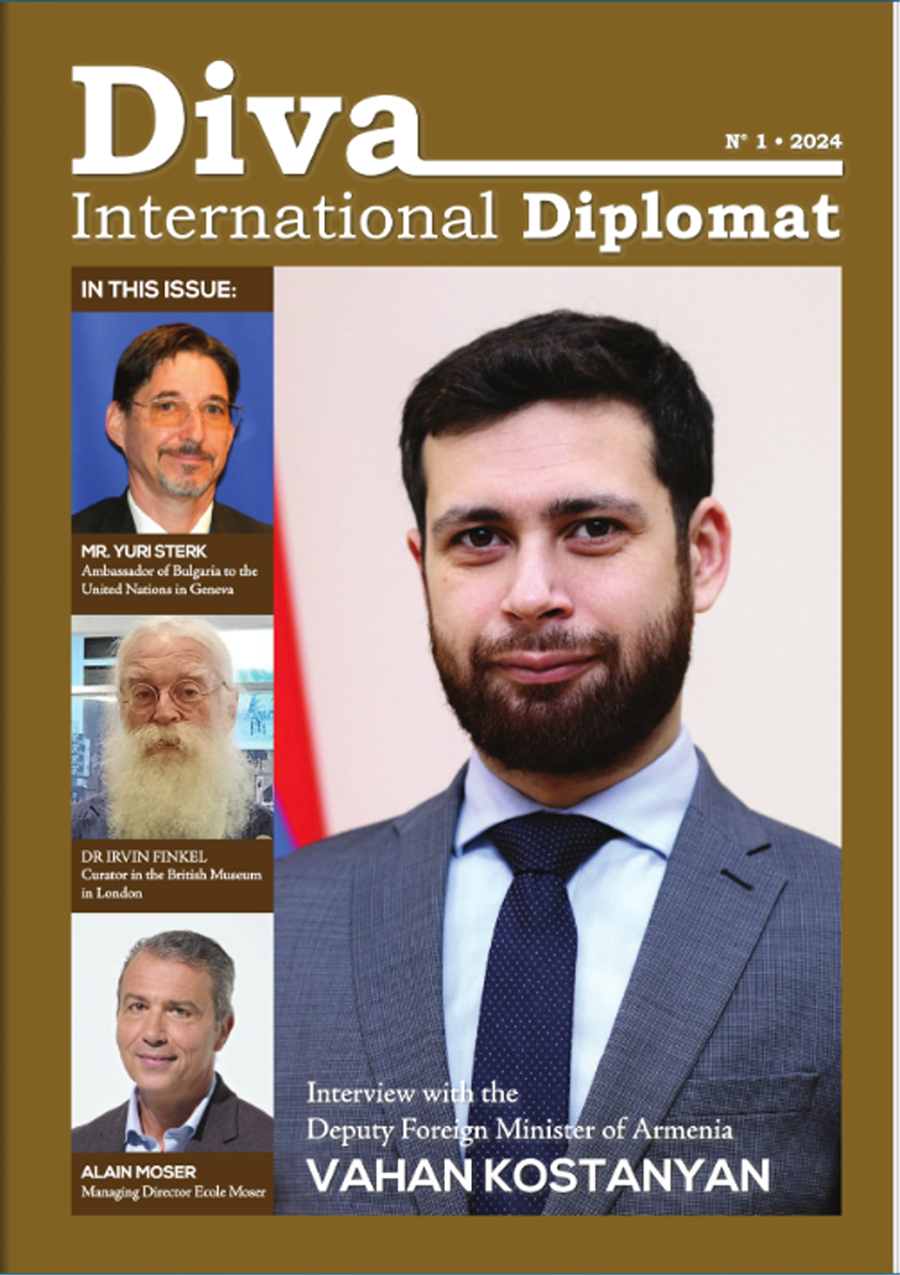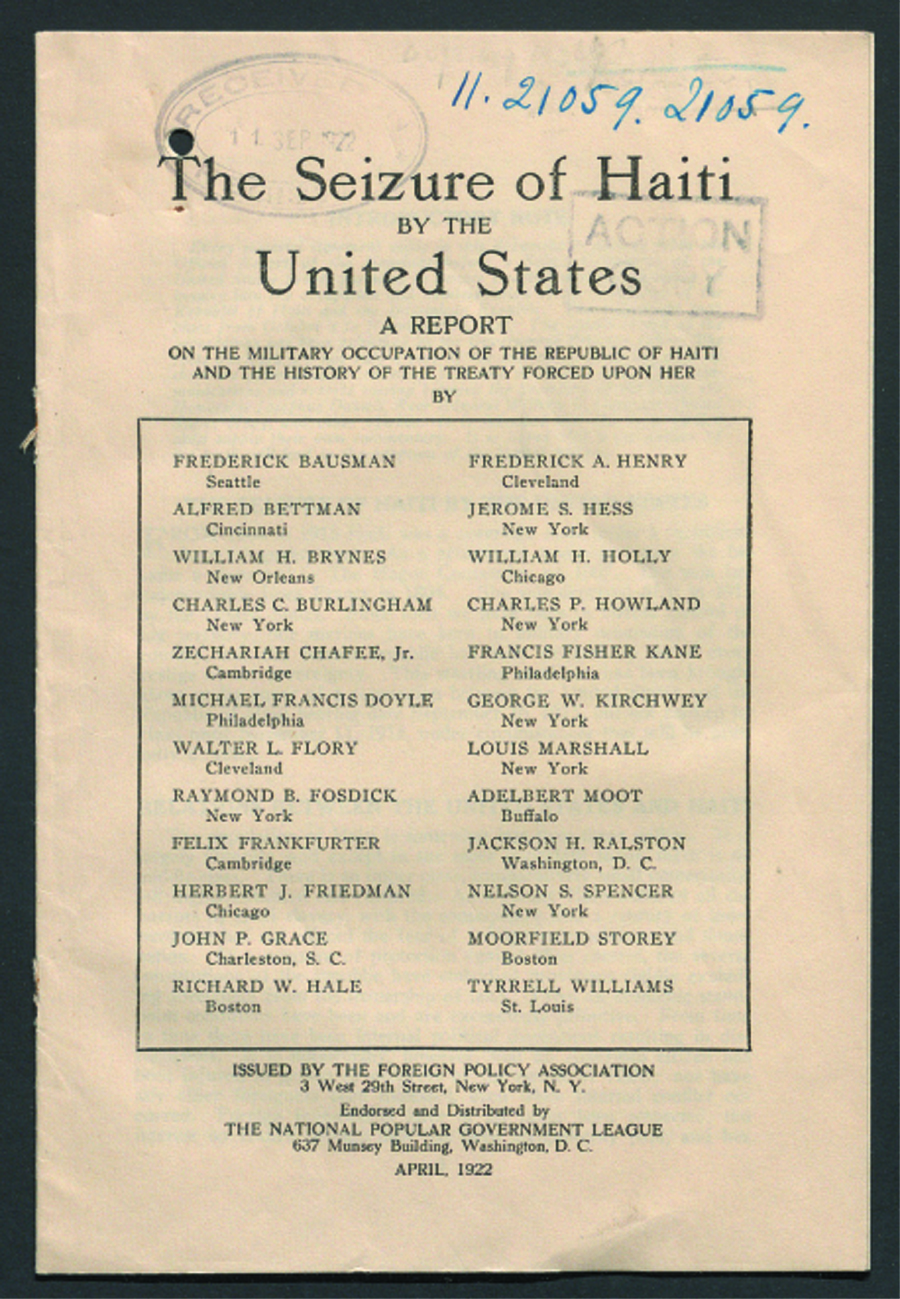
Reflections upon the U.S. democracy summit by RJP &MF
On 9 and 10 December, President Biden will host the first of two Summits for Democracy, which will bring together leaders from government, civil society, and the private sector to set forth an affirmative agenda for democratic renewal and to tackle through collective action what the United States considers the greatest threats faced by democracies today through collective action.
That some countries are will be excluded while others, with questionable ‘democratic’ credentials, will be included has some observers pointing out that this looks very much like a return to an obsolete binary cold war paradigm and that it represents a regression relative to current day conceptions of multilateralism. Others, nonetheless, see it as a challenge to reflect upon what democracy really means.
So, let us first go back to the definition of the word at the center of this affair. Democracy is the Anglicization of the Greek word dēmokratiā, from dēmos (people) and kratos (rule). In the generally accepted use of the term today, it designates a form of government in which ‘the people’ (ordinarily those having full citizenship) have the authority to deliberate and decide on legislation as well as – by extension – various aspects of the state structure through which governing is carried on. As this means direct citizen participation, it is to be found only in small communities of several thousand citizens. On a national level, direct citizen participation is limited to certain instances, most notably the election of officials who will govern, the launching of and voting on initiatives emanating from the citizens, and referenda to approve or disavow laws already passed. This structure is often referred to as “representative democracy”, but strictly speaking, a country so governed is a republic. From this has come the hybrid “democratic republic”.
In the United States, where the word ‘democracy’ is much more abused than used, the 1787 constitution under which the country is still governed does not use the word at all or even imply such a thing. Indeed, every child in school (and virtually all those being ‘home schooled’) is made to commit to memory the pledge of allegiance to the flag, which starts: ‘I pledge allegiance to the flag of the United States of America and to the republic for which it stands…’ While one may well dispute the reasonableness of pledging allegiance to a symbol, the point remains that the symbol thus invoked represents a republic, not a democracy.
In Europe, the word ‘democracy’ is also much more abused than used, being applied to all sorts of republican governments and their aberrations. The country most implicating its citizens is Switzerland, whose people routinely refer to their system as ‘participative democracy” and ‘indirect democracy’, for they are asked to vote several times a year, mostly on people’s initiatives and on referenda. But ‘democracy’ in the strict sense of the word, meaning full management of public affairs by all the citizens, it is not.
Other European countries have other types of republican government, with elections held every so-many years. Typically, the political party with greatest number of members in parliament is asked by the head of state (king, queen, president) to form a government of ministers who propose programs/policies, which, if endorsed by the parliament (where the government has a majority), the ministers then implement.
However, in the interest of continuity of government, the state structure through which the governing is carried on is endowed with permanent department heads (‘undersecretaries’ in the British system) whose accumulated knowledge and experience gives them enormous power. In fact, the ministers routinely rely on these civil servants’ information and guidance, for a minister can rarely match the experience and knowledge of those at the top of the civil service (commonly referred to as bureaucrats and technocrats). So, to what extent can one really say such a system is democratic?
While all these different types of governing are based upon each country’s specific circumstances and traditions, they all have more and more one thing in common: the power exercised within them by transnational corporations, whose wealth generally exceeds that of a majority of the world’s states. The major means that these enterprises use to exercise that power is what is now generally called “narrative management”.
This has always existed, as those with power have always tried to fashion the way the people think in order the legitimize those at the top and the system that keeps them at the top. With the dawn of advertising as we have known it (since the beginnings of the mass consumer market in the second half of the nineteenth century with industrial level production), it took on a whole new dimension, seeking to persuade people to buy certain products and, indirectly, seeking to persuade people that this buying, getting, having is central to their identity. It was only one step further to persuade people to attach their identity to specific products and services, giving rise to the term ‘brand loyalty’.
This has resulted in an indisputable shift of attention for most people from the duties and activities of being a citizen to the desires (whims and fancies might better describe it) of consumers and the perception of those desires as urgent needs, all hugely cultivated by hundreds of billions of dollars in advertising every year.
It is precisely this consumer society that newly independent countries emerging from colonial status were encouraged to see as the model to aspire to. In short, ‘democracy’ became synonymous with consumerism. In the process, traditional forms of social organization and seeing the world have been simply snuffed out to an amazing degree. Yet within these traditional forms, based on community, what the Greeks called democracy flourished in all sorts of variations, each adapted to its own circumstances.
Centralized government is the opposite of democracy, for it can at best weakly and indirectly reflect the needs and interests of the communities it purports to serve. On the other hand, centralized government is ideal for huge corporations, allowing for standardization of all sorts that suits the bottom line of the corporate balance sheet. It is thus not surprising that one of the dominant characteristics of the capitalist consumer society is homogenization. And the arrival on the scene of social media has proven a colossal boon in the cultivation of uniformity of views and habits.
Underpinning this corporate dominance (might one speak of corporatocracy?) is the role these gigantic enterprises play in financing elections campaigns (including in Switzerland, where campaign contributions are secret) and in lobbying for legislative outcomes favourable to them and directly contrary to the needs and interests of the people overall.
In the United States, the 2010 Supreme Court ruling called Citizens United determined that giving money in support of a person or a movement is a form of free speech, hence protected by the First Amendment. Since then, the amount of corporate money in campaign financing and the spending on lobbying have been increasing exponentially, entirely eclipsing most citizen movements.
The Biden Summit’s attempt to define which country is the best one in terms of democracy is thus curious, for one would be inclined to say that the United States should first reform its own governing system to bring it in line with democratic ideals before trying to evaluate others’.
Over and over again the United States has launched major military interventions and has overthrown elected governments in the name of spreading democracy. One need only look at Libya, Somalia, Sudan, Yemen, Syria, Iraq and Afghanistan (to mention only those in the Muslim world) to see that the clarion call of ‘winning hearts and minds’ and ‘democracy building’ by means of the death and destruction of armed force is preposterous.
Why not just leave each country to develop its own form of government drawing on its own history and traditions? If any encouragement from the outside is appropriate, it is along the lines of helping others recognize what is good and enduring in their own traditions and – if invited to do so, and only if! – suggesting ways to adapt these traditions to a globalizing world so as to maintain and strengthen them. Such an approach requires humility on our part and a willingness to acknowledge that we do not have all the answers for everybody. Indeed, we could well do with a few lessons ourselves.
- RJP & FM
ID Canada / ISSN 2563-818X (En ligne) – ISSN 2563-8181 (Imprimé)






